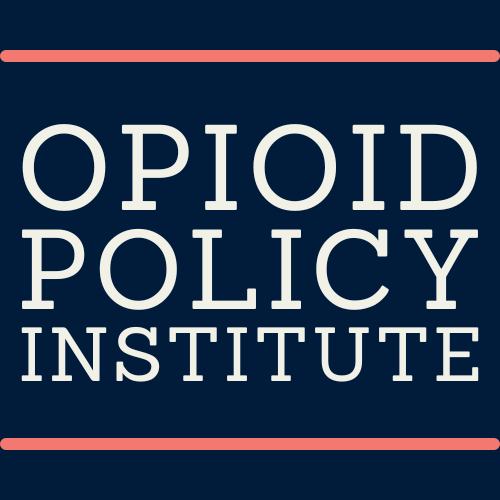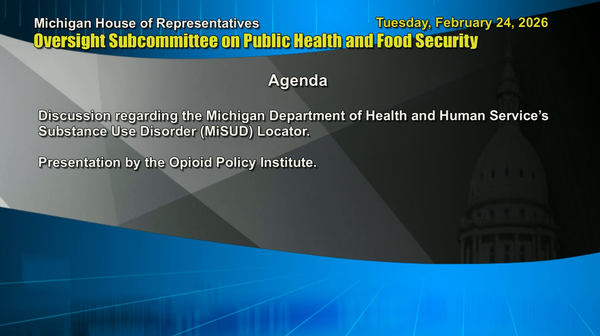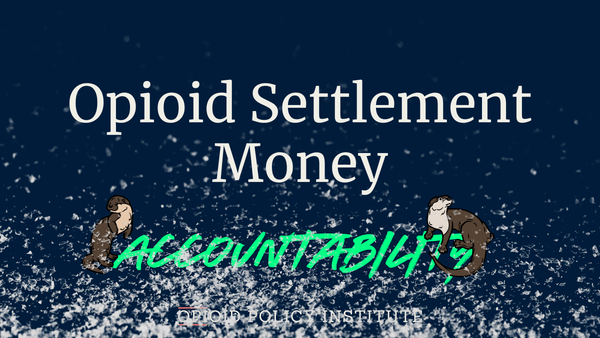The Washington Post (4 Oct 2025)
Guiding opioid settlement spending

Her son died of a drug overdose. She wants financial help with the fallout.
My official response to the article:
I appreciate the opportunity to briefly add context that was included in my hour-long interview but was missing from the article.
I’ve lost a loved one to this crisis. I know the pain and frustration of watching systems fail. I know the hope these opioid settlement funds bring: a chance to transform our inadequate, failed approach to drug use and addiction that has caused such profound loss across our country.
In alignment with the core purpose of the opioid settlement money, I firmly believe that the most meaningful way to honor those we’ve lost and to help living victims is to massively invest (and not just opioid settlement funds!!) in evidence-based prevention, harm reduction, treatment, and recovery. This will help us save lives now and in the future. I reject the idea that spending funds in this way isn’t helping victims. That framing is misguided and doesn’t reflect the purpose of these funds or the needs of those still suffering.
I understand why the idea of direct payments is appealing, it feels like justice for families who have suffered. But it’s not possible to create a just direct payment system. Consider these disbursement decisions: Someone who died from a counterfeit fentanyl pill? Someone who used heroin after being prescribed opioids? What if they were never prescribed opioids? What if the overdose was intentional? What if they were never diagnosed with an opioid addiction? What if family trauma fueled addiction? Who decides which family members are eligible? Imagine the pain of a rejected application or dissatisfaction with the amount. These are just a few challenges and why the funds, like the tobacco settlements, were never designed for direct compensation. But they can and must fund programs that prevent more families from experiencing this pain.
I’m sorry that my quote came across as cold and lacked the context I expressed. I regret that it added to the pain, and I will strive to communicate more clearly and compassionately in the future.
Opioid Policy Institute by Jonathan JK Stoltman, PhD is licensed under CC BY-NC-SA 4.0



